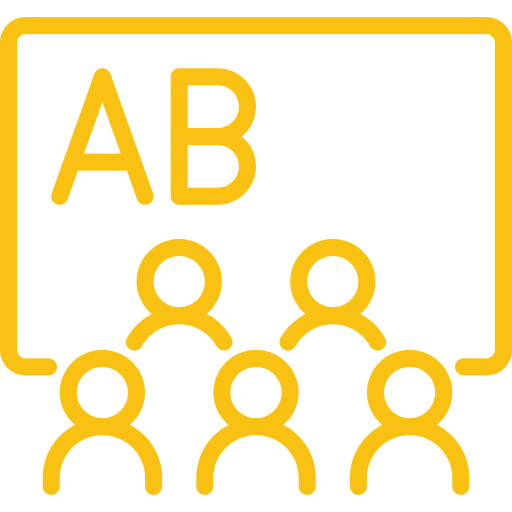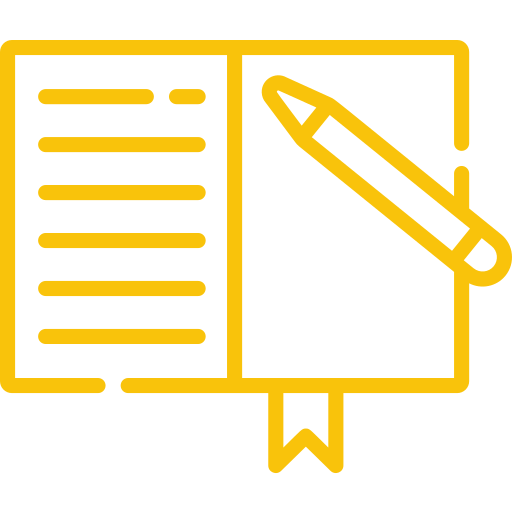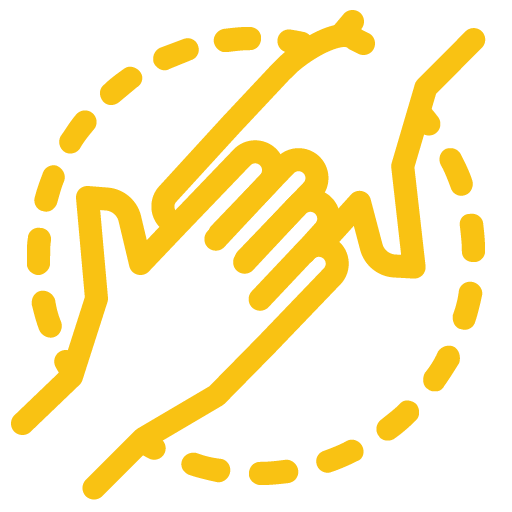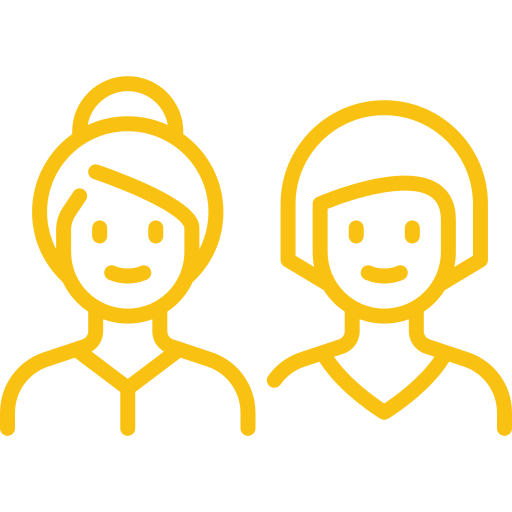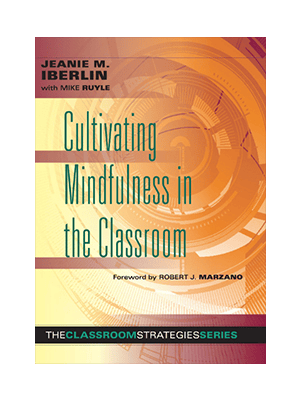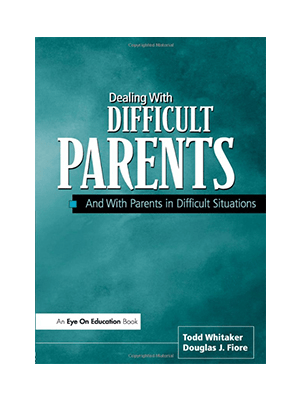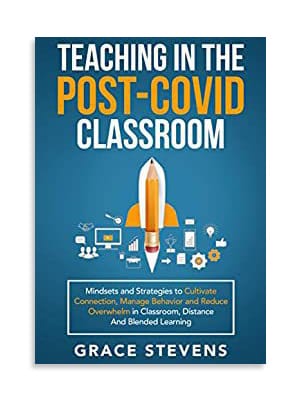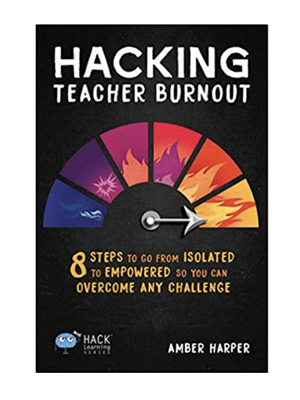Stop Wasting Time! Simple Steps to Banish Time Killers
No matter how carefully you schedule your teaching day, a single “time killer” can make it almost impossible to stay on track. While not every distraction is within our control, there are steps we can take to make our days more productive. David Ballard, head of the APA’s Center for Organizational Excellence, says the first step is to identify our habits, for example, “Is there one kind of thing you always put off to last? What is it that you tend to put off, and what are your thought patterns around that?” Once we have a clearer picture of our own work habits, Ballard says we stand a better chance of fixing them. Below, we will look at four of the most common traits or “personalities” that get in the way of getting things done.
1. “The Procrastinator”
Definition: You find yourself waiting until the last minute to complete tasks or you make to do lists that you never finish. Sometimes, you put things off because you are overwhelmed by the work and not sure what to do first. Other times, you avoid tasks because you want to avoid the negative feelings or emotions that come with them. For example, you focus on more “pleasant work” (like labeling student folders, color-coding your files, or organizing your cabinets) rather than facing the “drudgery” of challenging tasks.
How to Set Yourself Free
- Break larger projects into smaller chunks and then set a time-limit for each “chunk.” For example, if you have 100 lab reports to grade, split them into piles of twenty and set a reasonable time limit for completion.
- Identify tasks you tend to avoid. For most of us, our least favorite tasks end up at the bottom of our daily to-do lists – and sometimes they never get done. Rather than avoiding these activities, acknowledge how you feel about them and learn to mix them in your preferred activities. For example, put a star next to the tasks you are most inspired to complete and a “sad face” next to those that feel the most challenging. Start your day by completing and crossing off at least one sad face – and then use those starred activities as rewards.
- Make time for breaks. It may seem counterintuitive to suggest regular breaks, but these are important to give your brain a rest and motivate yourself for the next task on your list. If you are working through smaller tasks, reward yourself when you complete a “chunk” – take a coffee break, check your texts, or read a few pages in your favorite book.
2. “The Perfectionist”
Definition: You find yourself repeatedly editing your documents, fiddling with formatting, and researching new and better tools to use. You have a sense that your final product is never quite right and nothing is ever truly done. While high expectations can be motivating, they often feel stressful. You may avoid tasks or put them off because you are afraid they will not meet the expectations you or others have (e.g. “I’d rather not do it at all then do it poorly.”).
How to Set Yourself Free
- Challenge your inner critic. When you find yourself avoiding a task (or obsessing over its quality or completion), take a step back. Acknowledge the fears you have and adjust your expectations. Remind yourself that mistakes and failure are a part of life. Find a motivating phrase you can use to push yourself forward, such as “you don’t have to get it right, you just have to get it going.”
- Practice saying no more often. High achievers often have a difficult time saying no, but setting healthy boundaries leads to sustainable energy and helps you focus on fewer and more relevant tasks throughout the week.
- Reflect on expectations. We often set unreachable (or unsustainable) standards for ourselves. It can be helpful to check in with colleagues to set more realistic goals. For example, you might ask to see another teacher’s website layout or ask a colleague to review your parent newsletter. Positive feedback can help alleviate anxiety about the quality of our work. Be careful not to push your perfectionism on others. Learn to be gentle with yourself and your colleagues.
3. “The Social Butterfly”
Definition: You love to drop-in on colleagues and catch up on the latest news with your students. When a text or email comes in from a parent, co-worker, or student, you feel an urgent need to respond – even if you are bogged down in other work. While you find connecting with others motivating, you often find yourself pulled into others’ conflict or drama, too, which can drain your energy.
How to Set Yourself Free
- Set norms proactively to protect your time and your emotional energy. This might include posting a sign on your door letting others know you are busy or establishing set times throughout the day to check your email (or social media). Try to also avoid responding to parent emails outside of school hours.
- Practice and find a phrase that feels comfortable to use when you need to excuse yourself from “drop-in” guests that want to chat, such as, “I’d love to chat, but I need to finish this. Can I drop by when I am finished with this project?”
- Do not reply immediately to every text and email. This can be difficult but try to let those non-urgent messages “rest” for at least 30 minutes before hitting the reply button. Waiting to reply helps set healthy relationship boundaries with others (and give you more time to focus on your own tasks).
4. “The King of Distraction”
Definition: Even with the best intentions, you find yourself easily distracted. You keep several tabs open on your computer so you can check in on the news or social media. You take the time to create a detailed to do list but end up spending several hours checking your email or helping a colleague navigate a new app. Large tasks seem almost impossible to complete.
How to Set Yourself Free
- Block online distractions. Find ways to work offline, close unnecessary tabs, and move your phone out of reach. Avoid checking email “first thing” in the morning, especially if you know it will pull you away from other important tasks. If you find it difficult to avoid online activities, consider investing in one of the distraction-free apps available, such as Concentrate. These will block you from specified sites at specific times.
- Work alongside productive people. Focus can be contagious; if possible, surround yourself with productive people. If you are working on a bigger project, try working in a library, coffee shop, or alongside a colleague. Sometimes, just getting away from our immediate distractions (e.g., housework at home or colleague’s drop-ins after school) can do wonders.
- Avoid multi-tasking. Many of us think that working on more than one task at a time is productive, but research shows this isn’t true. Switching between tasks requires more time and more mental energy. In addition, that “endless” stream of tasks can make it feel as though we never complete anything, which deprives us of the satisfaction of being done. Instead, take the time to wrap one thing up, put it away, and take a breath.
When we learn to recognize the reasons we get sidetracked throughout the day, we can use these simple suggestions to take back our time and get more done.
